
A former United Kingdom (UK) High Commissioner to South Africa, Lord Paul Boateng, has reiterated the need for the establishment of a National Sanitation Authority to enhance sanitation services delivery and improve the capacity of providers.
The authority, he said would further coordinate all programmes and activities as well as support development partners in addressing sanitation challenges in the country.
Mr Boateng, who is also the board chairman of Water and Sanitation for the Urban Poor (WSUP) , a global project, said these when he paid a courtesy call on the Minister of Sanitation and Water Resources, Madam Cecilia Abena Dapaah in Accra yesterday.
He noted that WSUP exists to provide the needed support which would be relevant in establishing the authority to lead the implementation of strategies and activities aimed at ensuring the realisation of the government's agenda to keep Ghana clean.
Since its inception in Ghana in 2010, Mr Boateng said WSUP has mobilised US$38 million dollars to undertake water and sanitation projects in the Greater Accra and the Ashanti regions for improved sanitation services.
"Since 2010, we have been able to mobilise US$38 million, resulting in providing 139,000 people with improved water services, 875,000 also now have access to improved sanitation services while 2,661,000 people in the operating communities have been provided with improved hygiene practices," he added.
For low-income residents in the various communities, the board chairman said WSUP had engaged private sector partners including toilet manufacturers as well as municipal authorities, microfinance providers and local communities to provide alternatives to mostly unsafe public toilets available in those areas.
In addition to improving menstrual hygiene management, facilities management and hand-washing practices, Mr Boateng stated that WSUP was constructing Water, Sanitation and Hygiene (WASH) blocks in 12 schools for 9,000 children and had partnered Unilever, a multinational detergent manufacturing company, to roll out a hygiene messaging programme in schools.
As a country with a sanitation challenge, he called on the ministry to intensify work on changing the behaviour of Ghanaians towards sanitation, saying that "behavioural change is the first step in dealing with the problem."
"It is important we all re-asses our responsibilities in dealing with sanitation challenges. As a ministry, I am excited that you have taken keen interest in changing the behaviour of people towards sanitation.
This is a laudable approach which will play a huge role in addressing waste management challenges and promote hand-washing," Mr Boateng stated.
He further assured of strong relationships and partnerships with policymakers and service providers in sharing best practices in the efforts to improve water and sanitation services to the deprived in the country.
On her part, Madam Dapaah said the ministry was focused on building relevant collaborations which would help in achieving the Sustainable Development Goals (SDGs) on access to clean water and hygiene.
She said unexpected population growth and limited access and use of technology have culminated in the country's challenges with waste management.
Read Full Story

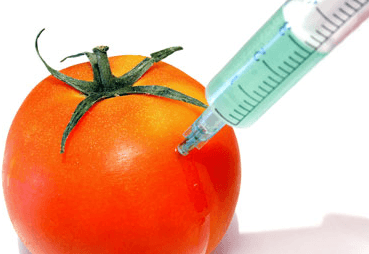

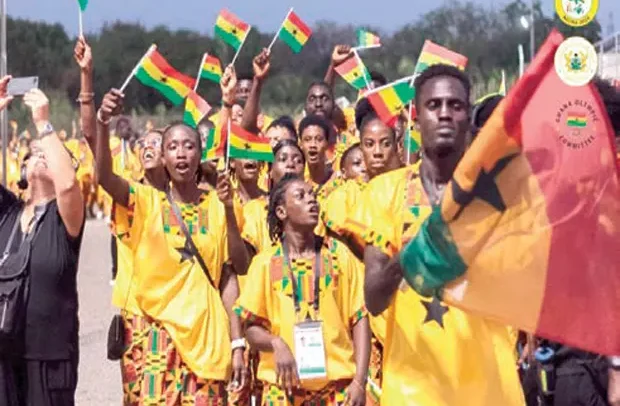

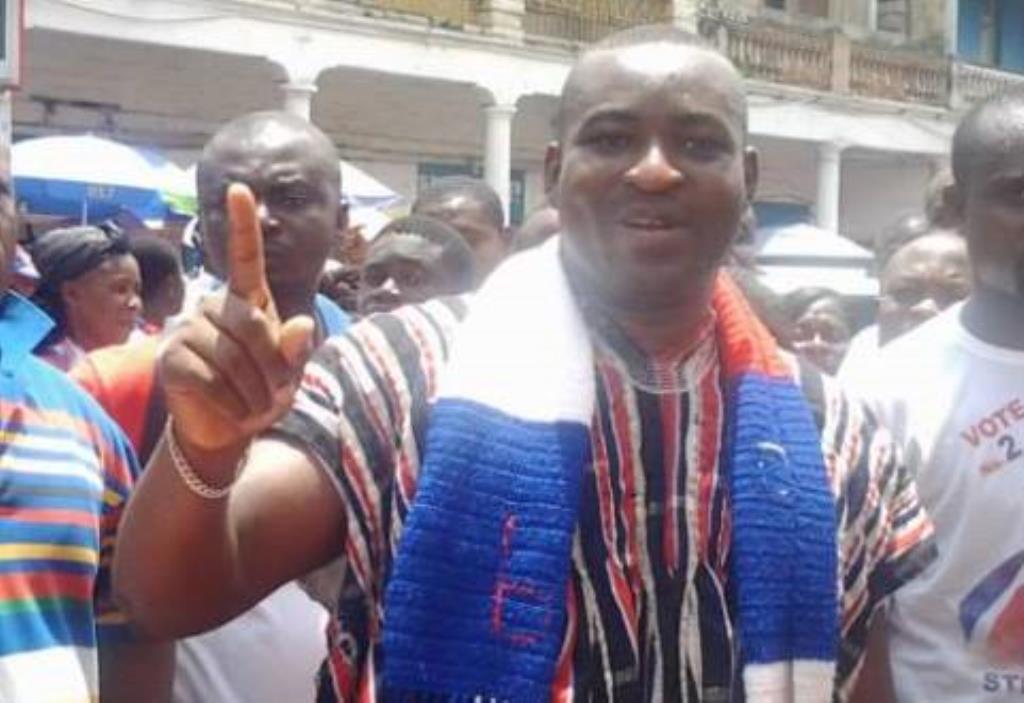

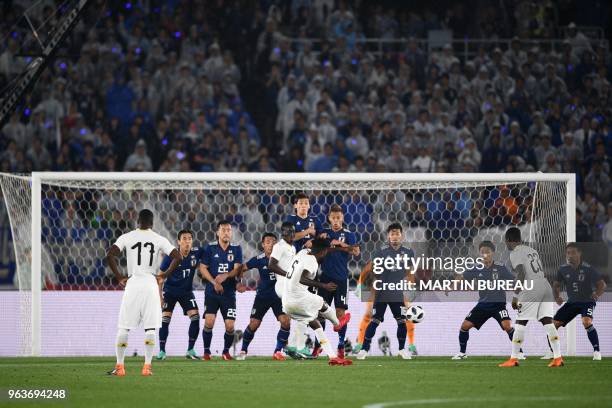

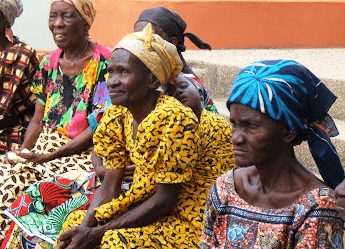






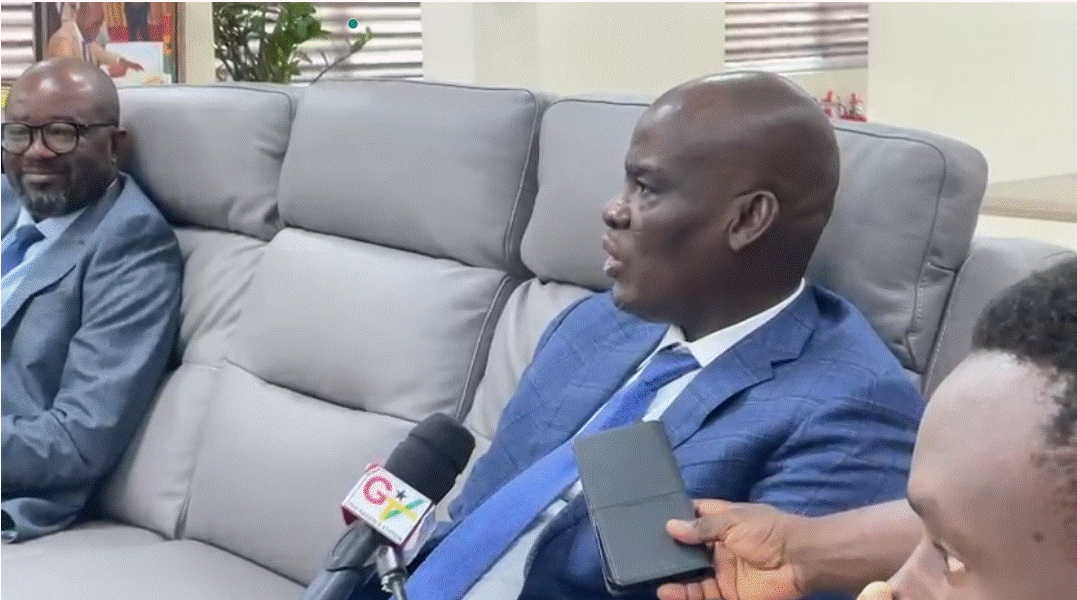
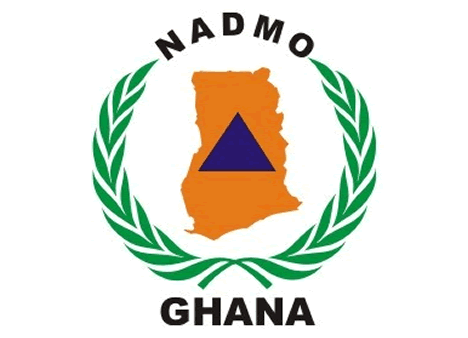



Facebook
Twitter
Pinterest
Instagram
Google+
YouTube
LinkedIn
RSS